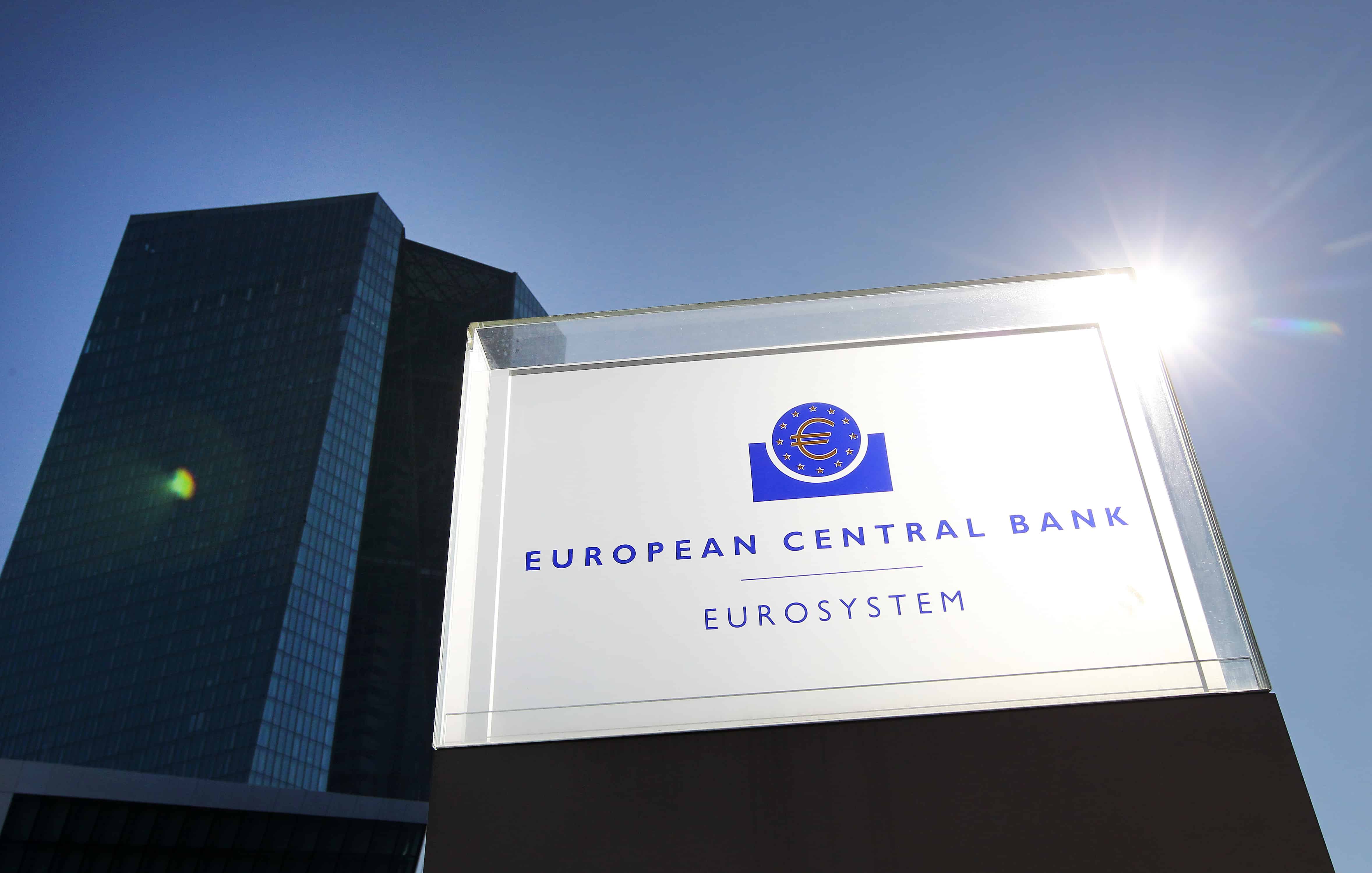Russia’s invasion of Ukraine has put financial markets under renewed stress by driving up prices and impeding growth, the European Central Bank said in a report published Wednesday.
The war has “increased financial stability risks through its impact on virtually all aspects of economic activity”, ECB vice-president Luis de Guindos said in a statement.
Inflation in the eurozone has accelerated as costs for energy, agricultural goods and raw materials have risen sharply.
Consumer prices rose at a 7.5-percent pace in April, an all-time high for the currency club and well above central banks’ target of two percent.
At the same time, economic prospects in the bloc have diminished, with the ECB’s most recent forecasts predicting a “severe” scenario could shave over a percentage point off growth this year.
The reaction to the outbreak of the conflict and the leveling of sanctions against Russia have so far been “orderly”, the ECB said in its biannual financial stability report.
“The market response was substantial, but more modest than at the onset of the (coronavirus) pandemic,” it concluded.
New risks could emerge “should the growth outlook weaken further” as a result of the war or inflation continuing its upwards climb.
The development in prices has prompted central banks in developed countries to turn to interest rate hikes to tamp down inflation.
The step, already taken by the US Federal Reserve and heavily signaled by the ECB, could “increase” vulnerabilities, the report said.
As well as a potential revaluation of riskier assets, rising rates could add to the financing challenges faced by “highly indebted firms and governments”.
The revival of banks’ profitability after the pandemic also threatens to be short-lived, it added.
While eurozone financial institutions have limited direct exposure to the conflict, the economic slowdown will weigh on the outlook and increase credit risks, the report added.








